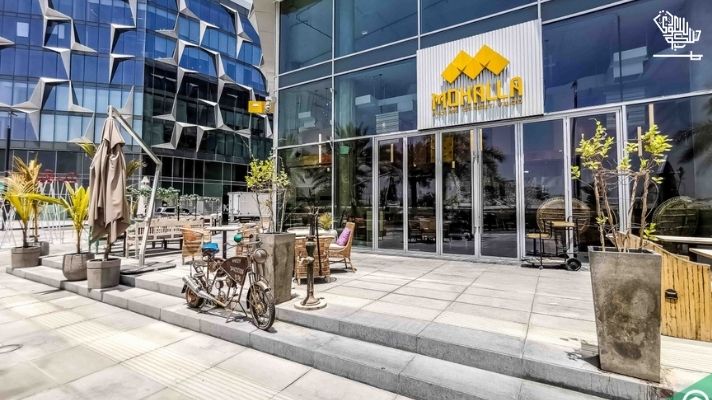Riyadh — The Shoura Council approved a draft Law of Reconciliation related to retribution. The law, which contains 18 articles, aims to regulate the rules of reconciliation, ransom, compensation, and pardon of convicts.
The draft law prohibits relatives of convicts from publishing advertisements or launching charity drives to collect donations to get the convicts released from captivity.
Recommended: Can deleting someone from a WhatsApp group Lead you to jail in Saudi Arabia?
The council session, chaired by its Deputy President, Dr. Mishaal Al-Silmi, approved the draft law. Several council members moved the draft law based on Article 23 of the council’s system.
The Islamic and Judicial Affairs Committee recommended the changes based on the opinions and viewpoints of its council members.
The proposal was presented by council members Dr. Sultan Al Farah, Dr. Sultana Al-Badawi, Dr. Suleiman Al-Fifi, Dr. Faisal Al Fadel, Dr. Mastoura Al-Shamri, and former member Dr. Abdullah Al-Balawi, after listening to the report of the Islamic and Judicial Affairs Committee.
Recommended: Saudi Arabia: Amendments in Law to Improve Legal Practice
The draft law regulates the process of collecting reconciliation amounts for retribution. It also estimates and regulates compensation for retribution in the case of premeditated murder or similar crimes and organizes the mechanism for paying the reconciliation amount.
It also stipulates the procedures for reconciling relations between various relevant authorities in this regard. The law enhances awareness of the provisions for collecting the reconciliation money and the importance of forgiveness for the sake of God.
The articles of the draft law apply to those convicted of murder or similar serious offenses. The articles also include provisions for the victim’s parents who agree to a pardon for or without compensation.
The law also prohibits convicts and their guardians from advertising or using any such means to collect donations for reconciliation. They are also prohibited from contacting the victim or their parents directly or through a third party.
DISCLAIMER: The images/videos/logos showcased on this page are the property of their respective owners. We provide credit and sources wherever possible. However, If you find that your image/video is displayed on this blog without authorization, please contact us with the relevant details and a link to the image, and we will promptly address your concerns.




